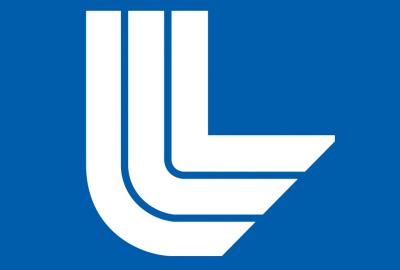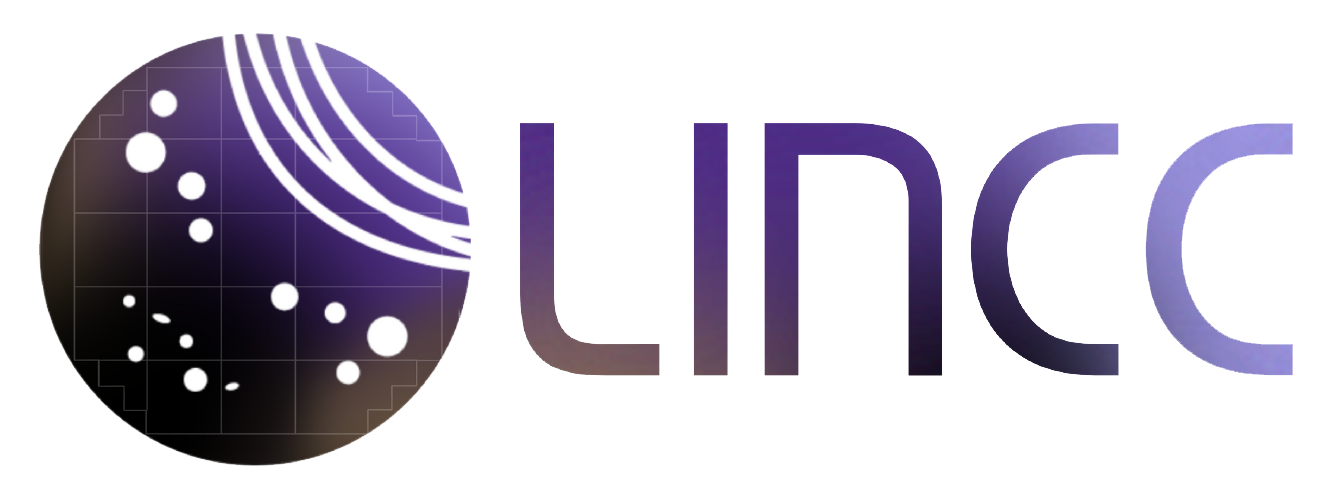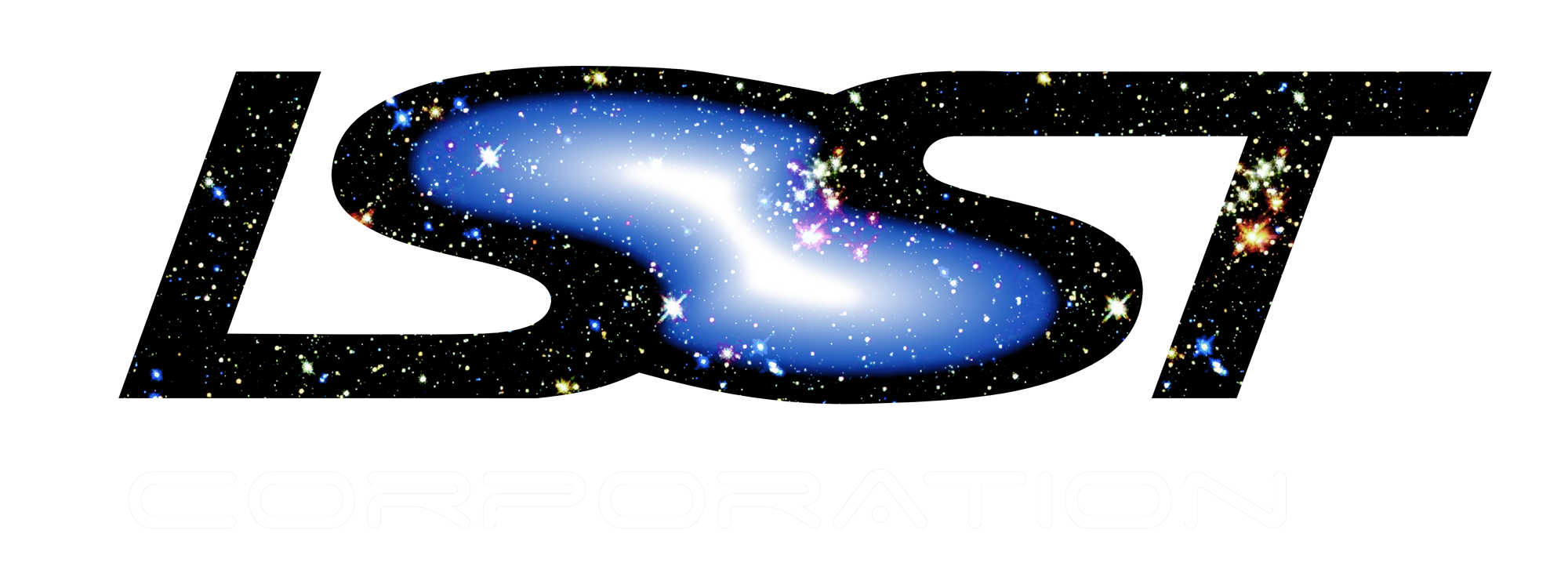For more information, contact: Michael Schneider, schneider42@llnl.gov, Group Leader for Astronomy & Astrophysics Analytics
Our astronomy group at LLNL contributes to several aspects of LSST science including dark energy constraints from cosmic shear with the Dark Energy Science Collaboration (DESC), searches for primordial black hole dark matter through stellar microlensing, surveys for potentially hazardous asteroids (PHAs), and development of machine learning pipelines. We also have group members contributing to Rubin operations in the area of wavefront sensing and point spread function measurements as well as connections to the Dark Energy Spectroscopic Instrument (DESI) survey. We are an institutional member of the Zwicky Transient Facility (ZTF) Phase II survey where we are developing PHA, microlensing, and machine learning pipelines as precursors to LSST science. A unique aspect of LLNL is our Data Science Institute (DSI), which helps connect our astronomy research to data scientists working across the lab and supports many student and seminar opportunities. Recent Rubin postdocs have developed collaborations and co-authors with computer scientists, statisticians, and engineers across the lab. The newly launched Space Science Institute is helping to create an even broader LLNL community related to LSST research.
Postdoc fellows will work as members of the LLNL Physics Division and will be on-boarded as division employees.
https://data-science.llnl.gov/research-areas/basic-science/astrophysics



